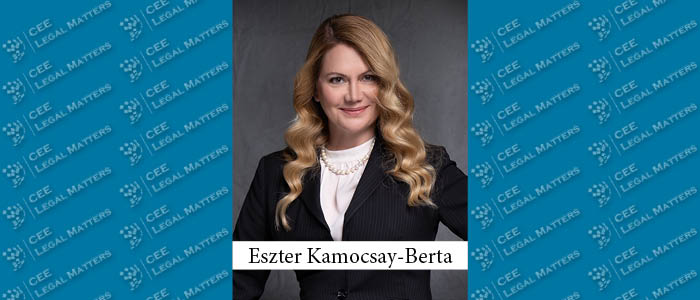On 11 June 2025 the Hungarian Parliament adopted the proposal on the protection of local identity, essentially drafted to safeguard the interests of local communities in Hungarian municipalities, which was also published in the Hungarian Gazette on 16 June 2025.
The necessity of the new legislation is justified, among other things, by the fact that uncontrolled levels of in-migration and property acquisitions for investment purposes can not only disrupt the balance between the local population and newcomers, alter the character of settlements and transform local lifestyles, but may also negatively impact the living conditions of future generations in these areas. Excessive in-migration makes it more difficult for younger generations to find homes and establish themselves locally. These in-migrations occurred both through the registration of a residence address or through property acquisition.
Effective regulation should therefore offer municipalities the right to decide whether properties in the area can be freely purchased by individuals coming from other settlements, or whether priority purchase rights should be granted to local residents and existing property owners. The proposed law would enable municipalities to exercise pre-emption rights and to restrict or make the registration of residence conditional. In addition to municipalities, neighbouring property owners and any local resident could also exercise this pre-emption right. A novelty in the draft is that those purchasing property with state support, such as with the “CSOK Plus” or “rural CSOK” housing schemes, would be allowed to move into the settlement without restrictions or conditions. While municipalities could not prohibit property acquisition outright, they would have the right to impose a settlement tax on property buyers, the details of which would be regulated by the Act on Local Taxes. Furthermore, municipalities could require public interest commitments for registering a residence, potentially in financial form. However, the proposed legislation also stipulates that these conditions can only be of a reasonable extent.
Certain exceptions are outlined, allowing individuals to be exempt from the restrictions, including those who are relatives of someone already residing in or owning property in the settlement; those originally from the settlement; those who, or whose relatives, demonstrably lived in the settlement for at least 12 months within the first 10 years of their life; those moving for employment with state or municipal bodies, or other job-related reasons; those rendered homeless by natural disasters or accidents; employees of churches or church-affiliated organizations; students attending educational institutions in the settlement; or individuals living in religious, healthcare, sports, social, child and youth welfare, or penitentiary institutions located in the settlement.
The legislation will enter into force on 1 July 2025.
By Eszter Kamocsay-Berta, Managing Partner, KCG Partners Law Firm
